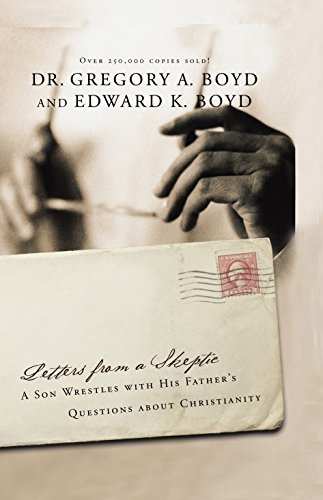What do you think?
Rate this book


259 pages, Kindle Edition
First published December 14, 1993
we hunger, and behold, there is food. We thirst, and behold, there is water. We have sex drives, and behold, there is sex.
unless our environment is ultimately itself personal, unless the ultimate context in which we live is self-aware, rational, loving, moral, and purposeful, the our cosmic environment does not at all answer to our personhood... (w)e are the product of a cruel, sick, cosmic joke.
. . . imagine a puddle waking up one morning and thinking, `This is an interesting world I find myself in, an interesting hole I find myself in, fits me rather neatly, doesn't it? In fact it fits me staggeringly well, must have been made to have me in it!' This is such a powerful idea that as the sun rises in the sky and the air heats up and as, gradually, the puddle gets smaller and smaller, it's still frantically hanging on to the notion that everything's going to be alright, because this world was meant to have him in it, was built to have him in it; so the moment he disappears catches him rather by surprise. I think this may be something we need to be on the watch out for.
But again, I'm not denying some kind of force greater than outsides lying behind the universe. I've always though there is too much design in the cosmos to be all by accident.
the only way we can understand why our minds can understand physical reality in the first place is by believing that the physical universe is "mind-like".
chance can't produce organisms like our minds that can know and work out mathematical formulas
Dad, you and I have gotten to the point in our discussion where we've agreed that God does exist, and that He is a personal being who knows, loves, and cares about us more than we could care ourselvesI think Greg is again exagerrating his case, but it's an effective emotional ploy. Unfortunately, he's probably right that he's made a lot of progress without actually demonstrating his case at all yet.
"What is…lost in so many places and in so many ways is the infinite supremacy of God, and this loss is unimaginably great. Nothing less than the uncontested deity of God, his absolute lordship over all space and time, his universal, unrivaled, and inviolable sovereignty, his flawlessly wise and meticulous providence, his undiminished and infinite perfection, and his majestic and incomparable glory."